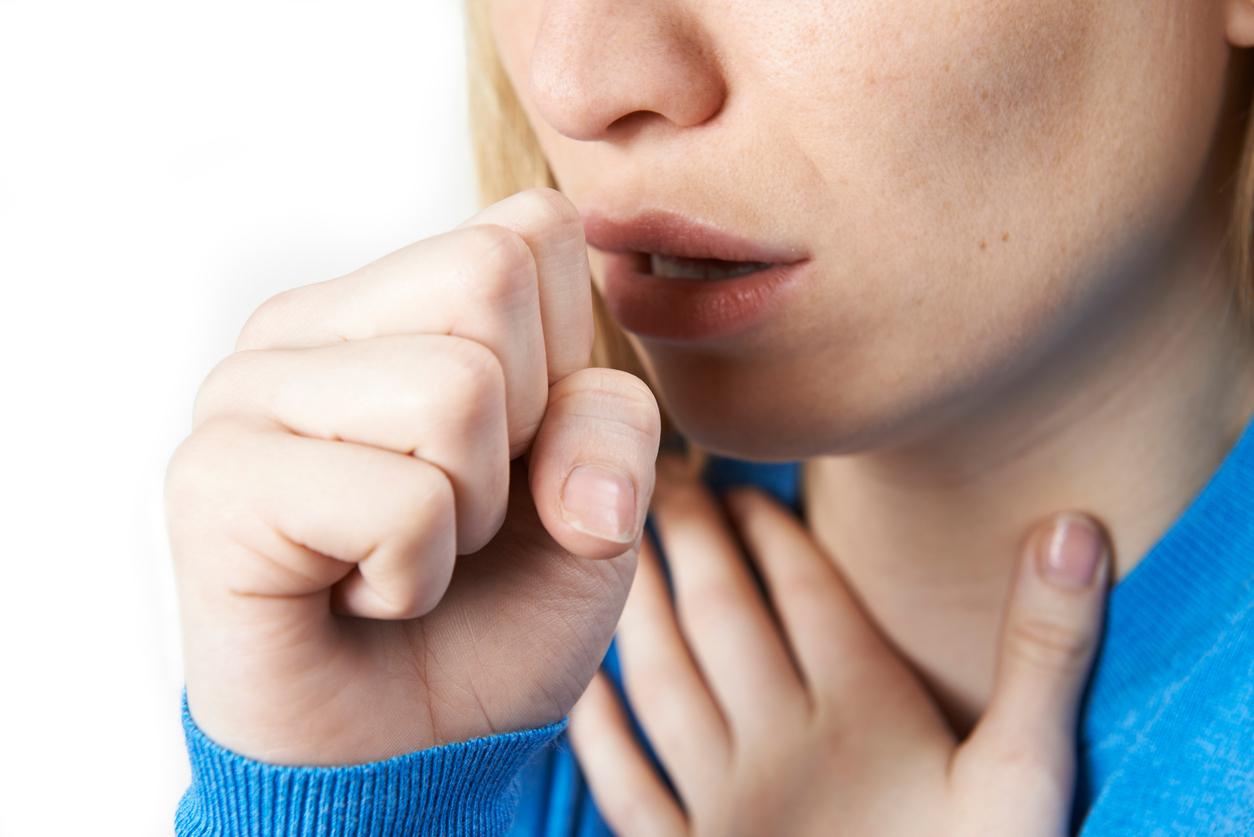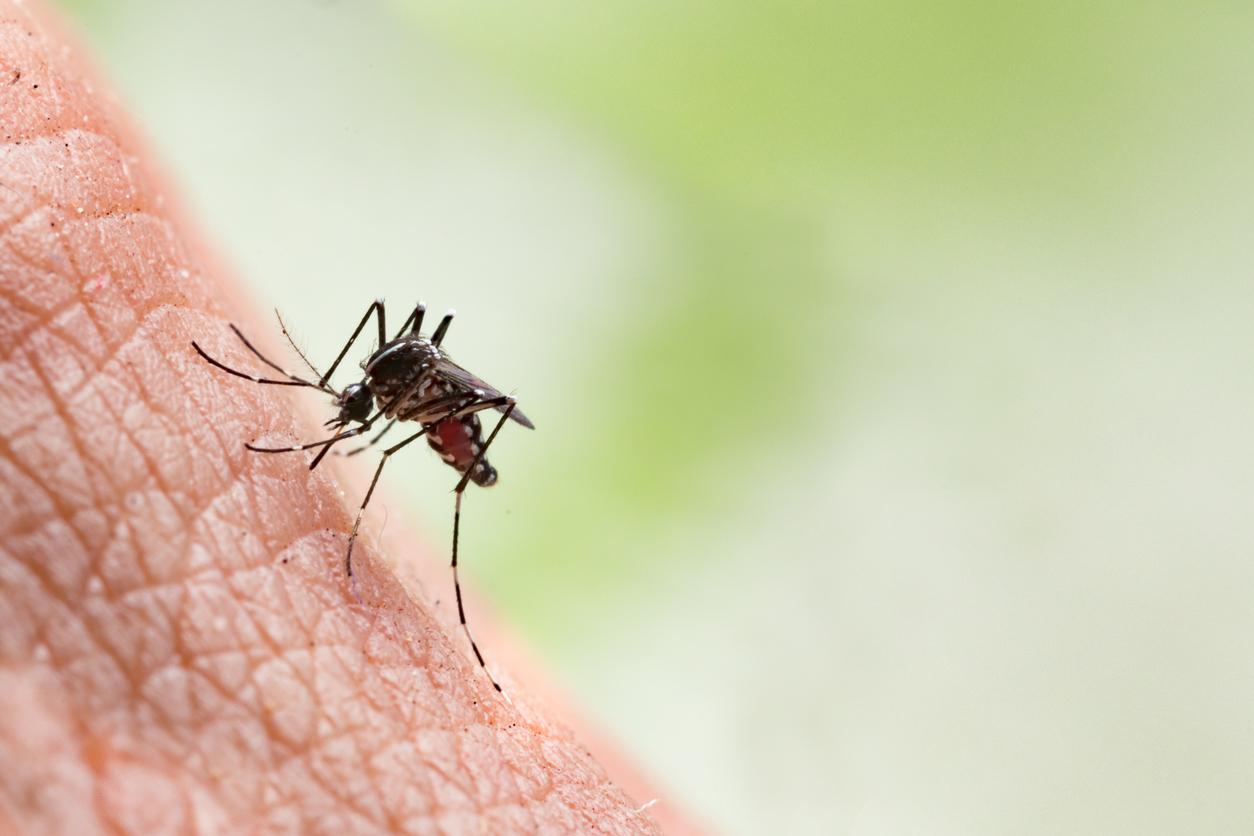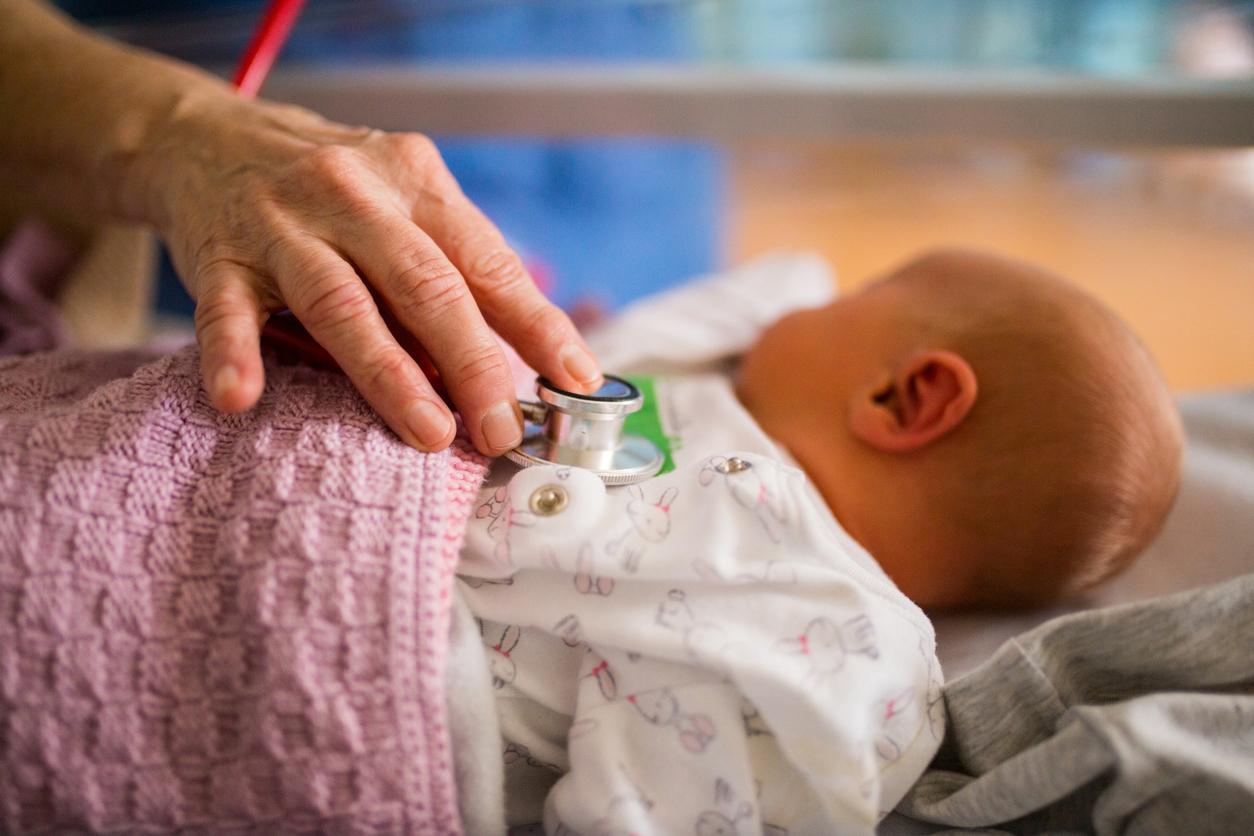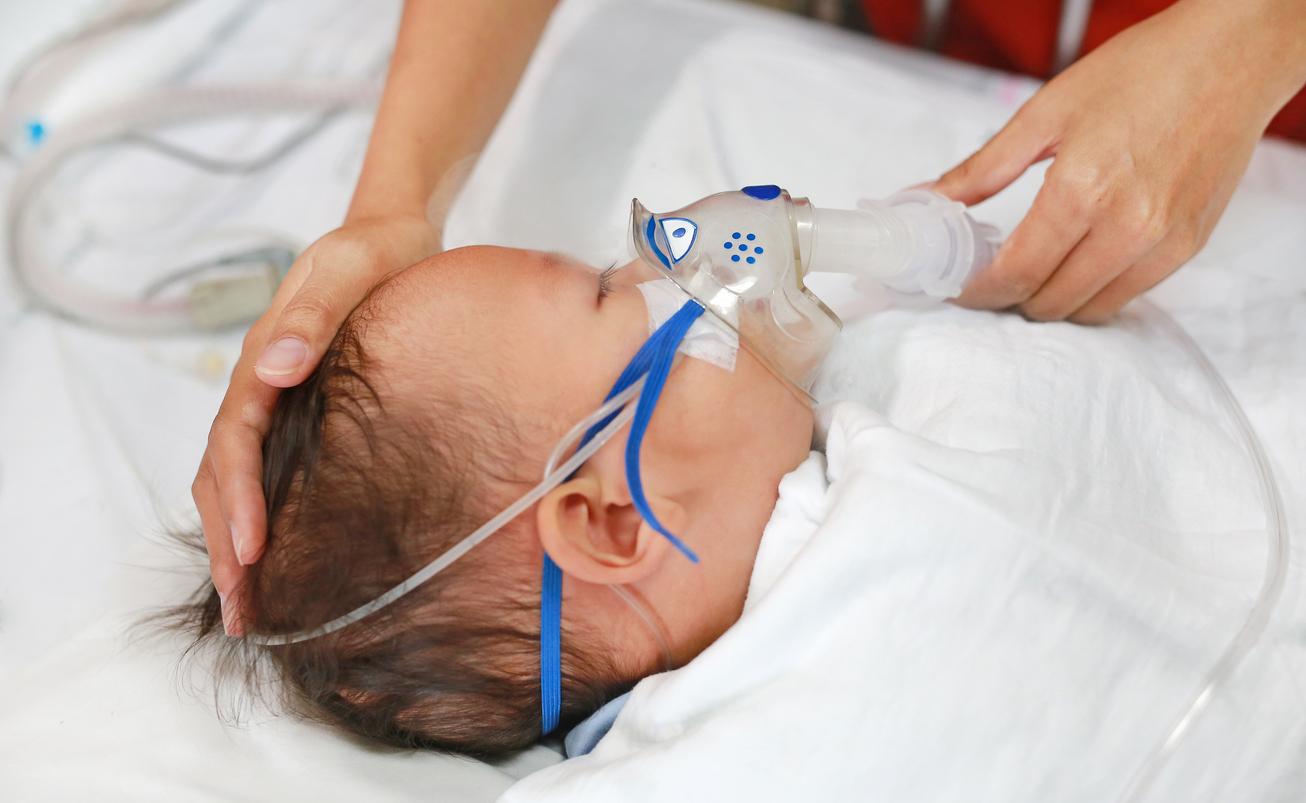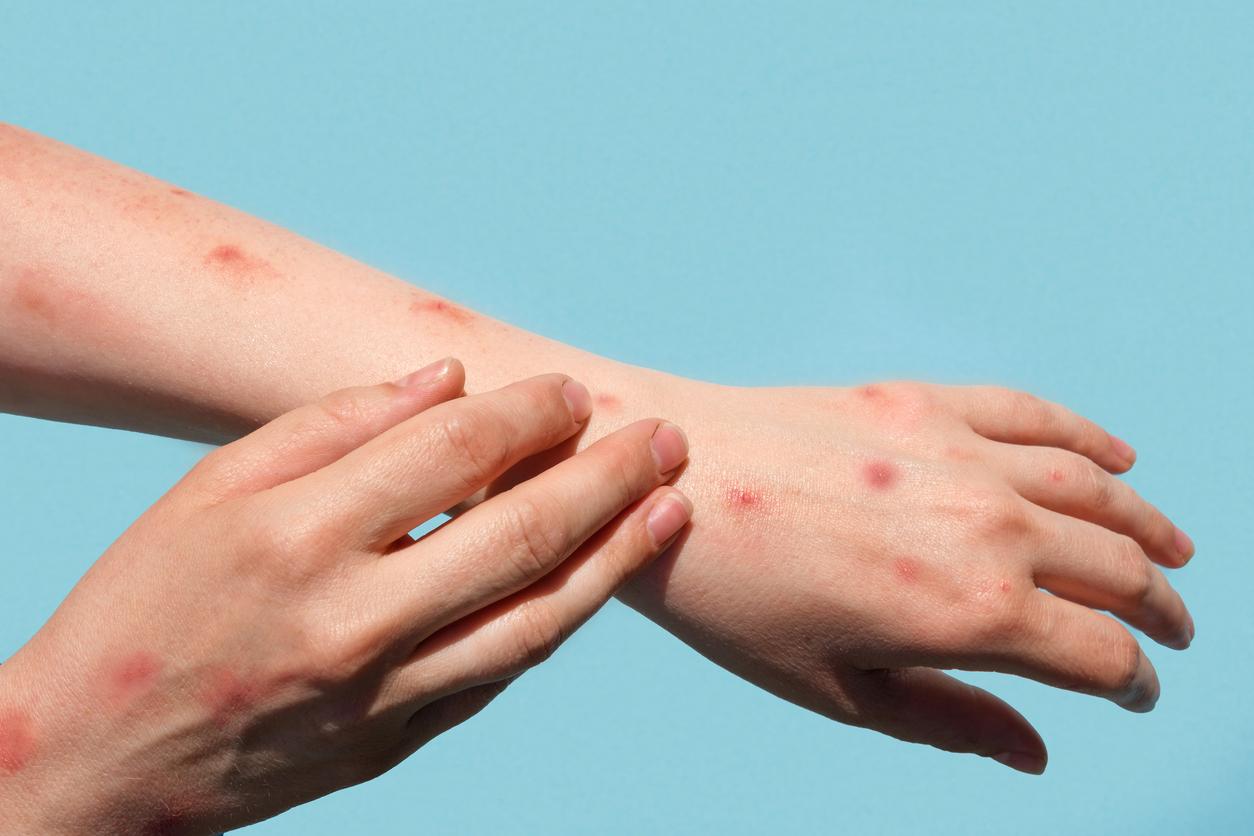This city in the United States has declared a state of emergency to control the hepatitis A epidemic. The homeless and drug users are the most affected.

To great ills, great remedies. The city of San Diego has declared a public health emergency in order to combat the hepatitis A epidemic which is raging in its territory. Since November, almost 380 people have been infected with the virus. 15 of them died from the infection.
Declared this 1er September, the state of emergency allows the County to seek help from the State of California in its fight against hepatitis A. Without waiting for the intervention of the governor, means of prevention were deployed immediately after the announcement.
An intensive program
The epidemic affects particularly vulnerable populations. 70% of diagnosed cases concern homeless people or injection drug users. With the virus spreading due to a lack of hygiene, the municipality has planned to distribute portable hand hygiene stations.
Neighborhoods in San Diego with the most homeless people will receive these devices quickly. During the weekend of September 2, 40 stations were distributed in risk areas. City officials also cleaned sidewalks with bleach, to eradicate the hepatitis A virus – which can persist on some surfaces.
By applying this program, the Californian municipality is directly inspired by its neighbours. Los Angeles, in particular, has succeeded in considerably limiting the spread of the virus on its soil.
A lack of hygiene
“No local case of hepatitis A in the city of Los Angeles is linked to the strain seen in San Diego,” said Dr. Wilma Wooten, the city’s public health administrator. It therefore seems logical that, if they apply these measures and have no cases, it could be beneficial here. In fact, hepatitis A is mainly transmitted by ingesting food or drink soiled with the feces of an infected person.
“Disease is closely associated with lack of clean water, unsafe food, poor sanitation and poor personal hygiene,” says the World Health Organization (WHO). Risk factors accumulated by people living on the streets or using injection drugs.

By facilitating access to hand hygiene, the city of San Diego hopes to neutralize the epidemic. But it also invites people at risk to protect themselves, with the help of vaccination. This can be obtained free of charge from public structures. It is strongly recommended for health professionals working with populations at risk, as well as for workers handling foodstuffs.
.











